Dr Nikolas Dietis is an Assistant Professor of Pharmacology and the Head of the Experimental Pharmacology Laboratory at the Medical School of the University of Cyprus (UCY). He has been trained as a neuropharmacologist at the University of Portsmouth (UK), the Nottingham Trent University (UK) and University of Leicester (UK). He has worked as a Lecturer of Pharmacological Sciences at the University of Tasmania (Australia) and has an extensive working experience in the pharmaceutical industry sector. He received three Teaching Awards for outstanding teaching, including one for implementing simplification techniques in complex scientific topics to promote understanding. At the beginning of the COVID19 pandemic he applied these techniques in public science communication to prevent/debunk scientific misinformation and disinformation. He has given numerous talks as an invited public speaker in various events & seminars on scientific topics on drugs and vaccines. He has been hosted as a scientist guest by numerous news websites, radio and TV shows in Cyprus and Greece. He has co-authored a 22-week newspaper column on public science communication entitled “The Science by the side of Citizens” and his scientific commentary has been featured in a Wall Street Journal article.
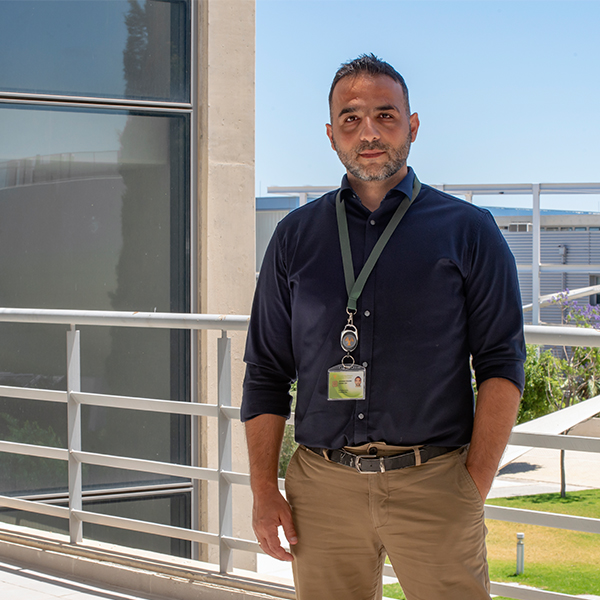
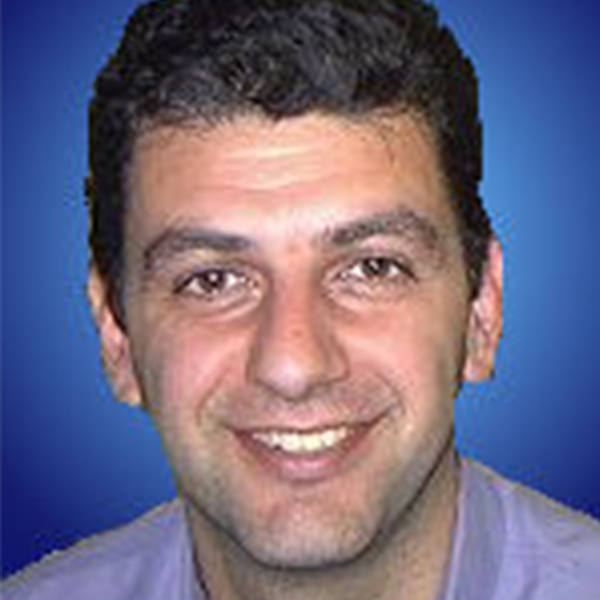
Dr Costas Christophi is an Associate Professor at the Cyprus International Institute for Environmental and Public Health (CII) at the Cyprus University of Technology and holds an appointment as Adjunct Associate Professor of Occupational and Environmental Health at the Harvard T.H. Chan School of Public Health. He has conducted research on several health-related topics, such as obesity and diabetes, and smoking and health. Working with collaborators from Harvard University and from the Cyprus Ministry of Defense, his group initiated an epidemiological investigation of the health of young Cypriot males who were serving in the Cypriot armed forces. Professor Christophi’s research group has also been involved in several studies of tobacco smoking habits and determinants in Cyprus. Most recently, in a collaboration involving CII, the Harvard School of Public Health, and the Dasman Diabetes Institute in Kuwait, Prof. Christophi’s group is contributing to the development and analysis of data from a large pregnancy-birth cohort study intended to examine the effect of in utero and early life environmental exposures to the subsequent development of chronic diseases such as diabetes. His bachelor’s studies were funded by the Cyprus America Scholarship Program (CASP) administered through the Fulbright Commission.
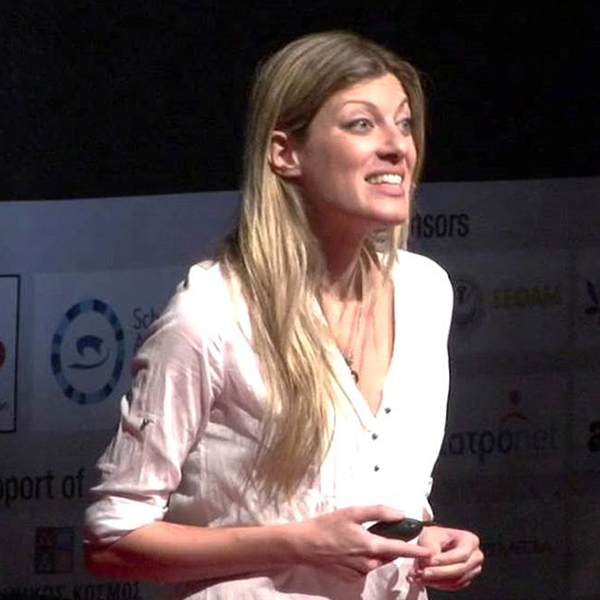
Myrtani Pieri holds a PhD in Molecular Biology and Genetics from the University of Oxford, UK. She is currently an Assistant Professor at the University of Nicosia. In 2011 Dr Pieri won first prize in the international Science Communication competition “Famelab 2011”. Since then she is an active science communicator, has published popularized articles in the press and has given talks in Cyprus and abroad (TEDxNICOSIA 2012, Mediterranean Science Festival, Athens Science Festival, HealthForward, World Science Forum, etc.) and has organized various Science Communication Masterclasses for students and researchers. Dr Pieri is also the co-founder of SciCo-Cyprus, an NGO, based in Cyprus, with the expertise in communicating scientific issues to the public via innovative and entertaining means.
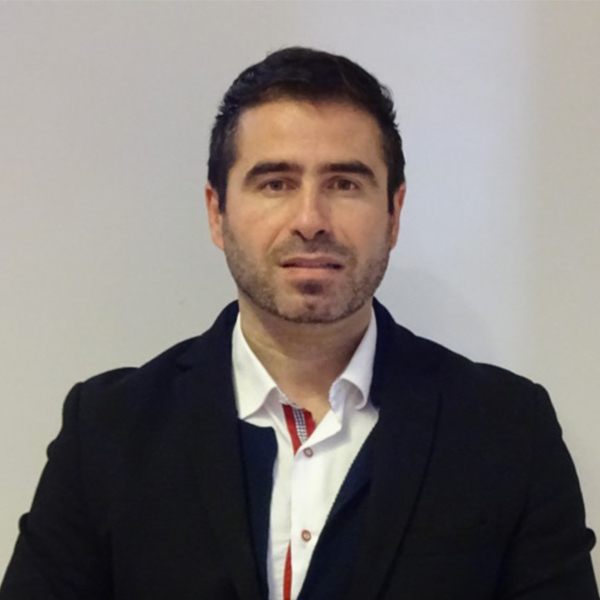
Dr. Makris supervises the Water and Health laboratory in the Cyprus International Institute for Environmental and Public Health. He has held an appointment as adjunct assistant professor of environmental health at the Dept. of Environmental Health, Harvard University, USA (2009-2015). Dr. Makris leads the exposome-based water and health lab which aims to minimize the human health risk associated with chronic exposures to environmental stressors. Towards this goal, his team applies improved exposure assessment protocols that refine the degree of association with metabolic health outcomes, participating in human studies in Cyprus, Greece, France, Kuwait, the Netherlands, and Norway. His laboratory is equipped with state-of-the art instrumentation valued at >0.5M euros to generate its own biomarker and metabolomics data. Since 2009, Prof. Makris has received > 1.5 million euros in external funding from the EU, the Cyprus RPF, the BBMRI-LPC biobanking network in the EU, and the National Institutes of Environmental Health Sciences Center at Harvard University. He has produced over 85 peer-reviewed journal articles and >40 conference proceedings. He was one of the two investigators that conducted the cancer cluster investigation for the Astrasol brain cancer case in Cyprus. Prof. Makris was invited by the Cyprus Parliament Senate Committee on Environment and Health to provide expert testimony about the environmental health consequences for the surrounding populations after the Mari tragedy/explosion and has also served as a member of the scientific advisory committee to the Ministry of Health concerning arsenic exposures in Cyprus. Prof. Makris has been invited by >10 universities and organizations in the USA/EU to deliver research talks, such as in Harvard University, Emory University, University of Alberta, University of Delaware, etc. and he has presided 6 symposia in international conferences.
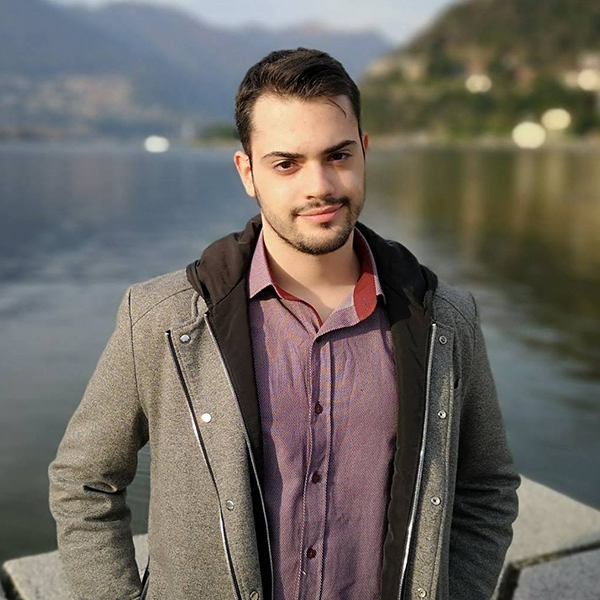
Andronikos Koutroumbelis is a graduate of the Department of Informatics of the Athens University of Economics and Business, with a specialization in business research and artificial intelligence. He has given lectures on the nature, causes and methods of dealing with misinformation at TedxUniversityOfCrete, at the Representation of the European Commission in Greece, as well as at the NCSR Democritus (Smart eD program). Amidst the pandemic, he has participated as a speaker in a variety of events in which he analyzed the problem of pseudo-scientific misinformation and possible solutions via improved cooperation between official health institutions, journalists and fact-checkers. In addition to research writing, his role in the team includes the technical development of the 1st Greek Hoaxes Detector application, as well as the Greek version of the Bad News Game, a game developed by a research team at Cambridge University which aims to “inoculate” players against misinformation.
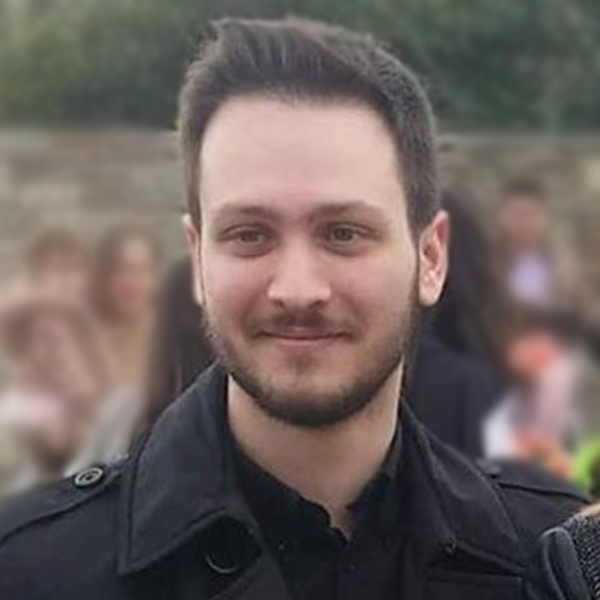
Stamos Archontis holds a degree in Chemistry (B.Sc.) from the Aristotle University of Thessaloniki and is a member of the Journalists Union of Macedonia and Thrace Daily Newspapers. He is currently attending the English-language Master of Arts program entitled in Digital Media, Communication and Journalism at the Aristotle University of Thessaloniki. He also works as a science communicator through YouTube where he maintains the science channel “The Mad Scientist”. As a fact-checker he has participated as a speaker in various seminars in Greece and abroad, outlining the problem of misinformation, and how fact-checking offers a means of addressing it. As part of his work as a science communicator he has participated as a speaker in a number of popular science events such as the «Days of Rationalism» (Ημέρες Ορθολογισμού), the Pint of Science, and the Athens Science Festival.
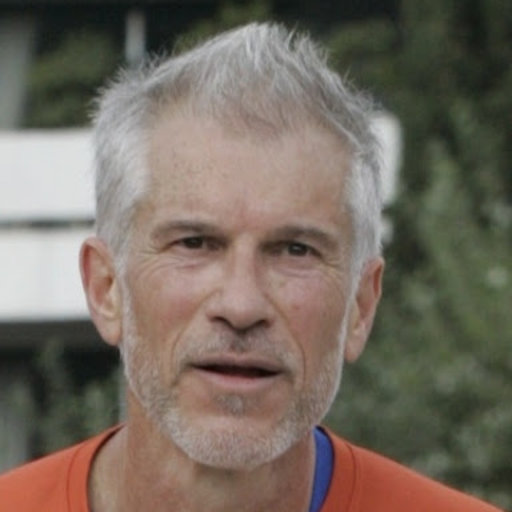
Dr. Thanasis Hatzilakos is an Associate Professor at the Cyprus Institute, where he works with the Eastern Mediterranean and Middle East Climate Change Initiative. Previously he taught Informatics and Educational Technology at the University of Patras, Thessaly, the Hellenic Open University and the Open University of Cyprus. He dealt with disinformation issues in the projects “Antibodies to Disinformation” and CyberSafety iii.
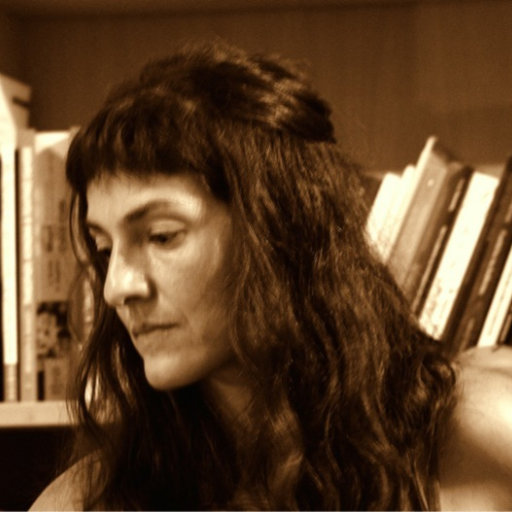
Dr Dimitra Milioni is Associate Professor in Media Studies at the Department of Communication and Internet Studies and Dean of the School of Communication and Media at the Cyprus University of Technology. She studied at the Department of Journalism and Media of the Aristotle University of Thessaloniki, where she obtained her PhD studying the effects of the internet on democracy and the public sphere. Her research focuses on the effects of communication technologies on the public sphere and civil society (with an emphasis on underprivileged groups), alternative and participatory media, activism and protest, and recently the critical study of data and algorithms. She was the coordinator of the H2020 research project RePAST (https://www.repast.eu/) which studied how European societies deal with their turbulent past through the analysis of conflict discourses.
